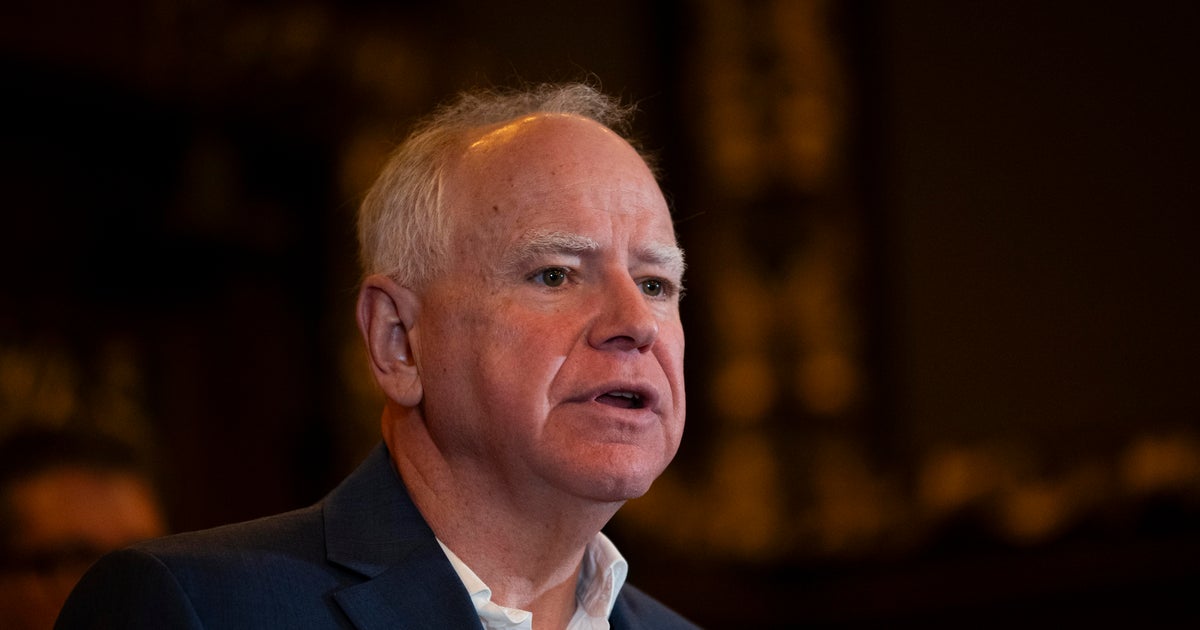Hispanic, Latino and Latinx: What's the difference, and why it matters
This year's Hispanic Heritage Month has been marked by tireless efforts from both Republicans and Democrats to woo the large and diverse voting bloc ahead of the November election. However, with their outreach comes debate over who exactly they are addressing: Latino, Latinx or Hispanic voters?
The terms "Hispanic" and "Latino" are often used synonymously in the U.S., with the term "Latinx" used as a gender-neutral alternative to the latter. While views on what the terms mean exactly can vary, filmmaker and journalist Andrew Padilla says the significance is not with semantics, but the actions that are supposed to come after.
"I think that we know what we're comfortable with," Padilla said on CBSN Tuesday. "The issue is when folks try to communicate to our communities by using one of these terms as opposed to a real dedicated and developed relationship with us."
According to Merriam-Webster, the terms are defined as the following:
- Hispanic: People that originate from Spanish-speaking countries
- Latino: People who descend from Latin-American countries — but whose language isn't necessarily Spanish
- Latinx: A gender-neutral, pan-ethnic label
A December Pew Research poll found 61% of bilingual Spanish and English speaking adults surveyed identified with the term "Hispanic," while 29% preferred to be called "Latino." Just 4% of people identified as "Latinx."
Padilla said the preference against the gender-neutral term does not reflect a negative sentiment, but rather a lack of familiarity.
"Many people prefer Latino or Hispanic, largely because they've heard it more," he explained.
The labels are ones he said people could "choose to use or not use," and were born from a necessity to address a group of diverse communities' needs.
"For a long while, we would get lost in the census under Black or White and it was difficult to get funding for organizations and support for policies," he said. "And 'Hispanic' and 'Latino' were ways to try to gather together as a political force — our communities are very diverse communities — to settle our needs."
On an individual level, Padilla said it is up to a person to decide how they want to be identified.
"What becomes difficult is… when we have politicians who just want to know 'Okay, well what do we call you guys now?' or corporations who are like, 'Okay what do we call you so we can sell things to you right now?'" he said.
He acknowledged the difficulty in engaging diverse communities that make up "the largest non-White voting bloc in the U.S." with a single label, but said it was more important for leaders to "develop policy" that benefits them rather than figuring out how they should be addressed.
"You see the Democrats attempting to just figure out what is the term we call you. Republicans trying to claim almost that Democrats want to change what you are called," Padilla said. "At the end of the day, you really have to let communities lead in terms of how they're referred to."



